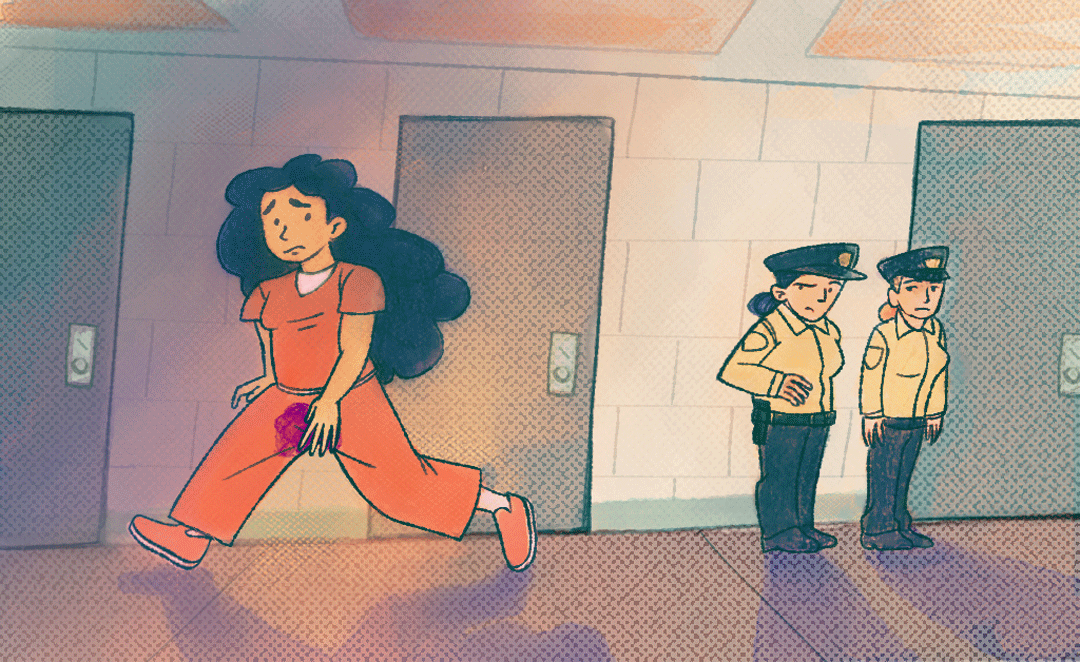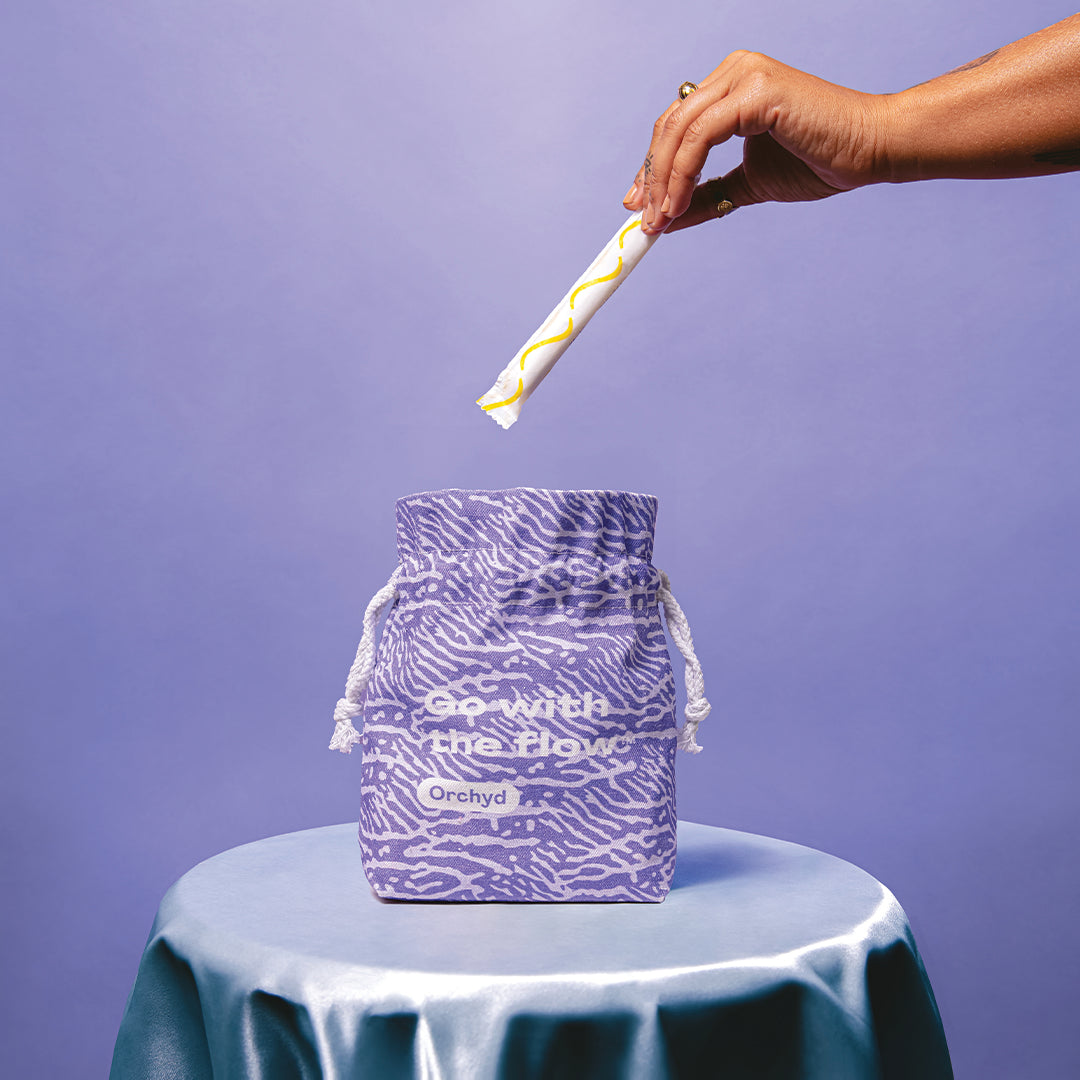
Menstrual Equity 101
Share
 With the evolution of the internet and personal tech devices, humans have become more connected and aware of their global positions than ever before. Many of us have learned that even though we’re not living in mansions with landscaped gardens, we hold a lot of privileges in other places: skin color, gender, access to nearby food, and clean drinking water, just to name a few. But something that people may not automatically assume is that we are incredibly lucky to have easy (although sometimes pricey) access to menstrual care products. In contrast, other people across the globe are not so privileged, and this is where the menstrual equity movement comes in.
With the evolution of the internet and personal tech devices, humans have become more connected and aware of their global positions than ever before. Many of us have learned that even though we’re not living in mansions with landscaped gardens, we hold a lot of privileges in other places: skin color, gender, access to nearby food, and clean drinking water, just to name a few. But something that people may not automatically assume is that we are incredibly lucky to have easy (although sometimes pricey) access to menstrual care products. In contrast, other people across the globe are not so privileged, and this is where the menstrual equity movement comes in.
What Is It?
Menstrual equity refers to the accessibility, affordability, and safety of menstrual products for all users. The movement strives to convince lawmakers that since 50% of the population menstruates, they should have guaranteed access to menstrual products, regardless of social class, incarceration, homelessness, etc. According to a research report in Obstetrics & Gynecology, more than one in five women in a major U.S. city couldn’t afford menstrual health products.
Menstrual products deserve the same respect that male-centric products are awarded. The chances are that if you attended a college or university, you noticed that they readily gave out condoms for free, but you needed to purchase tampons and pads from the dispenser in the bathroom. Only recently have schools started making menstrual health products free of charge, but only after student intervention.
The Tampon Tax
While Viagra, Rogaine, and adult diapers can be purchased tax-free in any state, 32 of the 50 U.S. states have placed a tax on tampons, pads, and pantiliners because they are not “medical necessities.” Sex is a choice; bleeding is not. Menstruating people are punished financially for trying to live comfortably with a bodily function, while non-necessary luxury products targeted towards men are exempt from sales tax.
Through protests and legislative activity, activists have persuaded many states to repeal the tax on MHPs (menstrual health products), though a majority still have the tax in place.
How Does It Affect People?
Menstrual equity is a serious issue for marginalized populations. When people are unable to afford menstrual products and care, not only does it diminish their quality of life, but it also has medical and psychological impacts as well. Depending on the circumstance, people can be forced to reuse products, use them for longer than recommended, or not use any at all. These options have unhygienic consequences and can force people to forgo work or school attendance because they can not afford to care for their periods properly.
This is especially pertinent in prisons and shelter facilities, where menstruating people rely on the guards or staff to meet their medical and hygiene needs. Additionally, these individuals are often subject to humiliation and mental anguish, as they are forced to bleed through clothes that they may have to wear until laundry day.
Reusing products can also lead to serious health issues, such as cervical infections and reproductive issues. By eliminating the sales tax and making menstrual products in facilities accessible to vulnerable communities, there can be a major impact on the public health of menstruating persons at a low cost.
Is This a Gender Equality Issue?
Absolutely! When menstrual products are not available in homeless shelters, schools, or prisons, it results from a lack of consideration for menstruating people and their needs. The exclusion of these products and the implementation of a sales tax on them is sex-based discrimination. It pushes forth the idea that the needs of people who menstruate are less important than those who don’t menstruate.
Steps are being taken in the right direction to make menstrual equity universal, but there’s still a long way to go. In the United States, organized pressure on lawmakers has made a difference. However, sexism still reigns and makes it difficult for non-menstruating people to understand the importance and urgency of declaring menstrual products a right.
Hopefully, as we progress as a society, there will be substantial change in our humanity, and people in leadership roles will more strongly consider and respect the necessities of others. Until then, consider donating some menstrual products to shelters in your area or getting involved in some menstrual equity activism.

